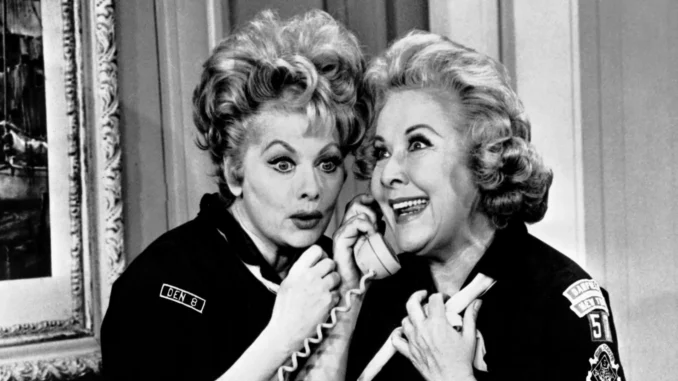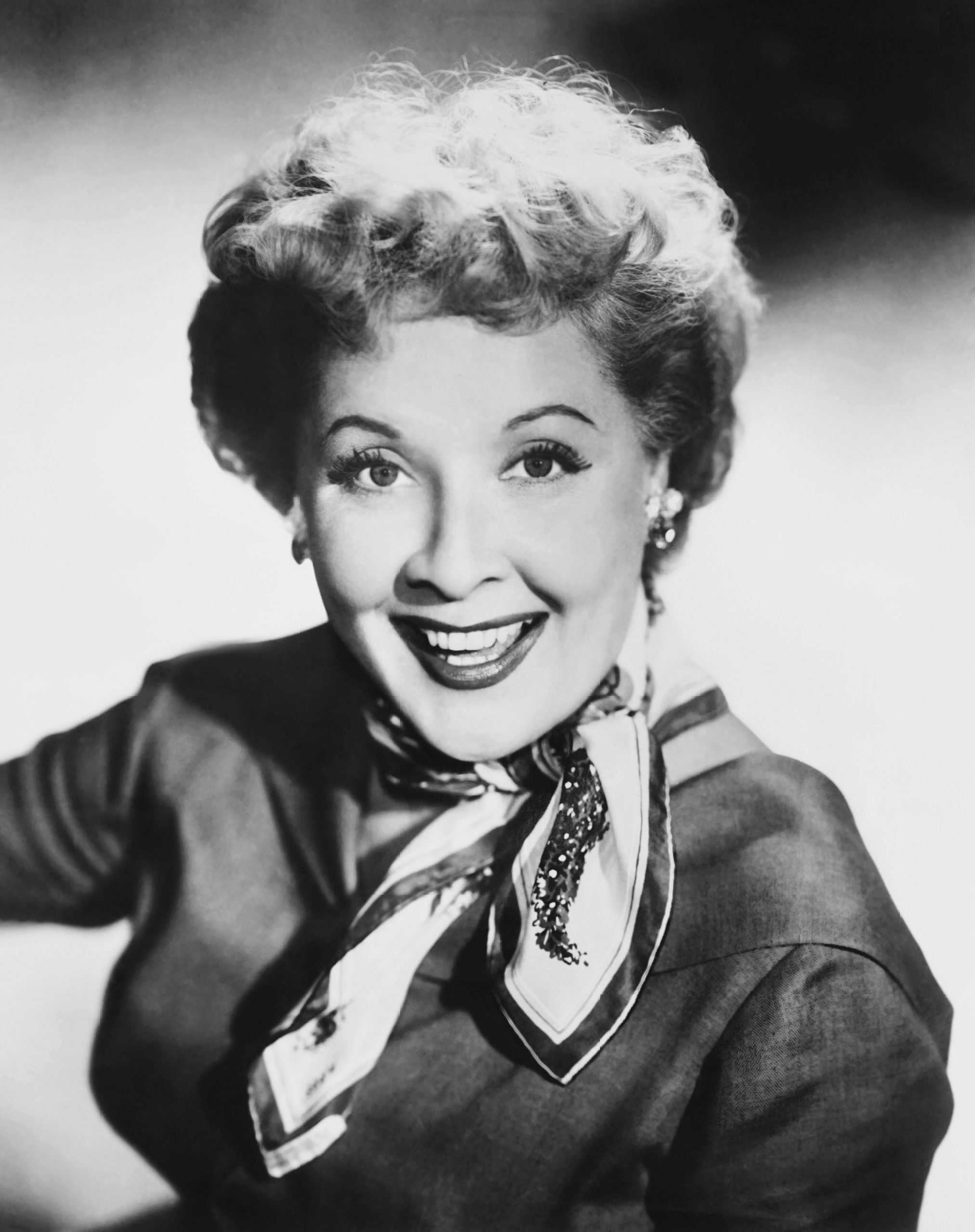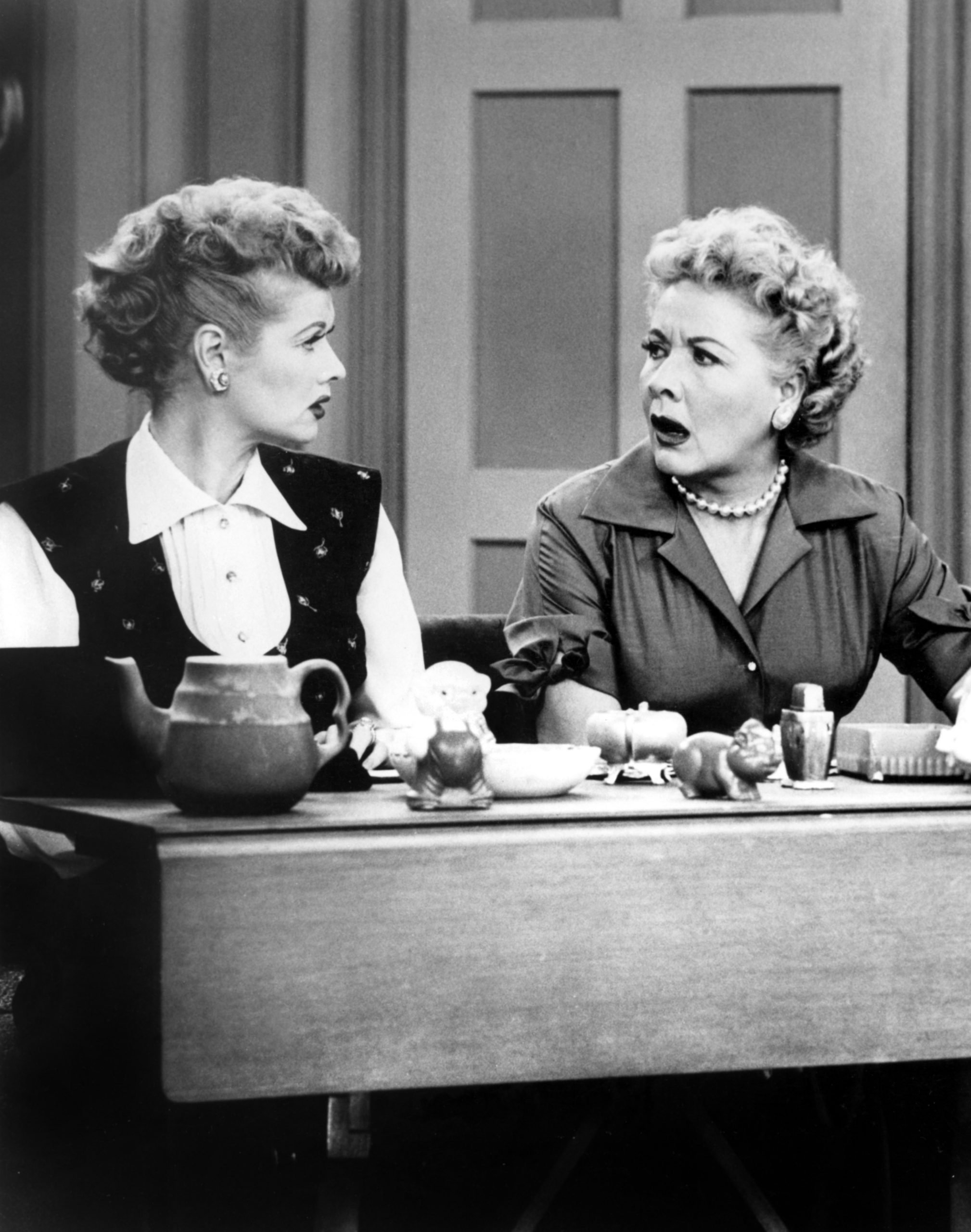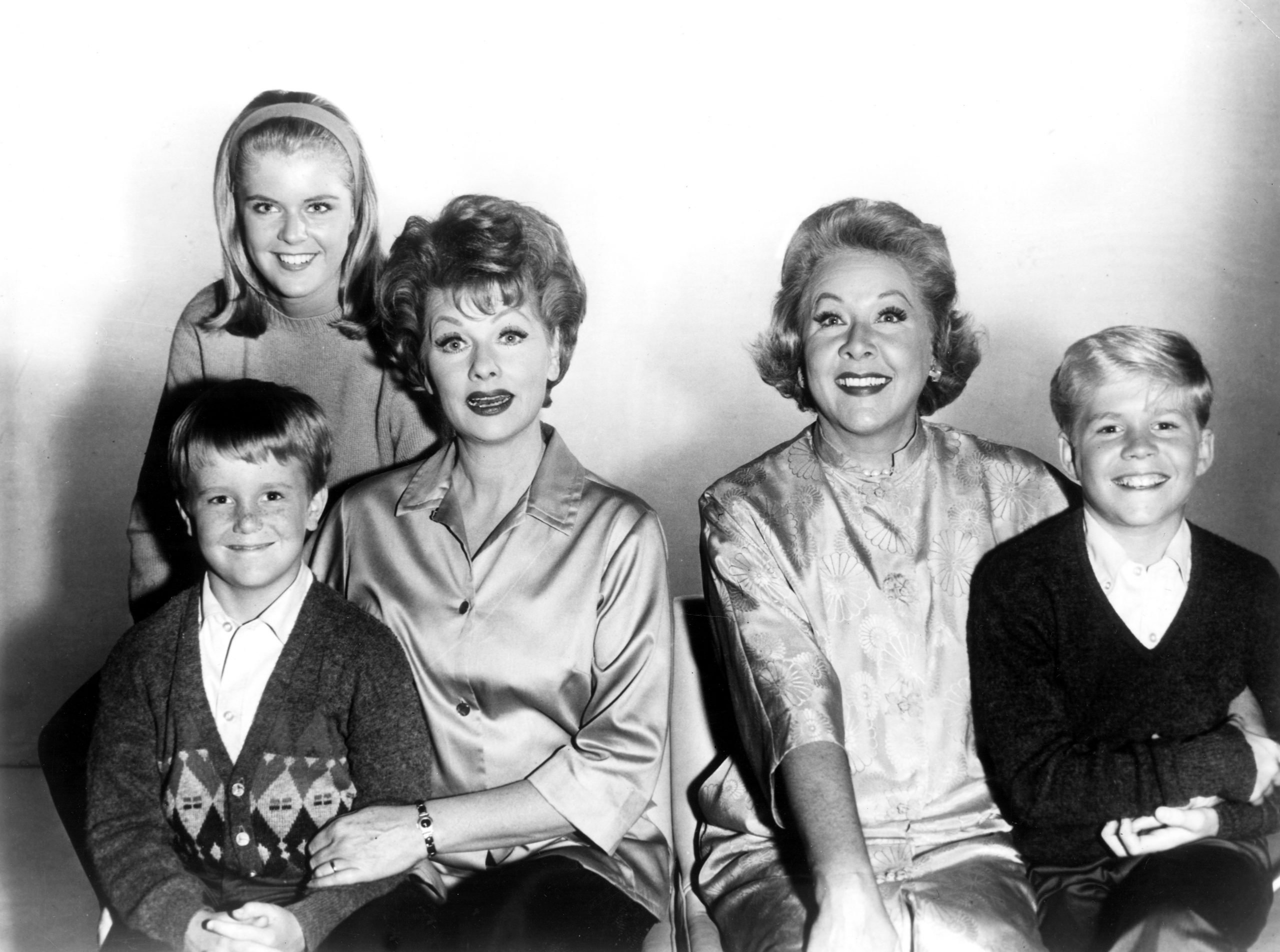
The Lucy Show, the follow-up to I Love Lucy, ran from 1962 to 1968, consisted of a dynamite cast including, obviously, Lucille Ball herself and Vivian Vance, who was her co-star for the first three seasons. “It took several months of filming I Love Lucy for Ms. Ball to realize what she had with Vivian,” says Geoffrey Mark, author of The Lucy Book and Ella: A Biography of the Legendary Ella Fitzgerald.
“Which is why, as the show goes on, the Ethel Mertz character gets more and more prominent, because she realized that as well as she and Desi worked together, actually the better team was Lucy and Ethel,” he continues.
The beginnings of the relationship between Lucille Ball and Vivian Vance
Well, apparently there was a bit of tension between Ball and Vance. It actually started from the moment she became Ethel Mertz for I Love Lucy, having been hired by Desi Arnaz. Geoffrey says, “Ms. Ball made an entrance on the first day of rehearsal and she walks to Vivian and says, ‘Hello, dear. What are you here to read for?’ And Vivian said, ‘What do you mean, read for?’ I’ve been hired to play Ethel Mertz.’ Ms. Ball said, ‘You can’t play Ethel. You’re my age. You have the same color hair. You have an attractive figure. You’re pretty.’ Vivian was smart. She said, ‘Miss Ball, what does Ethel Mertz look like?’ Miss Ball says, ‘Oh, she’s overweight and she has bleached blonde hair with a frizzy permanent and dark roots and she wears tacky clothes.’ She said, ‘Look, it’s Monday. I can’t give you that for Friday, but next Friday I can give you that.’”
Vivian Vance was determined to secure the part of Ethel

Well, Vance went out of her way to ensure Ball knew she was right for the role. “She went to a hairstylist and had her hair dyed to a light yellow blonde with some dark roots, and she was over-permed. She went to a store and bought her bra, panties, stockings, dress and shoes a size too small, so no matter what weight she actually was, the clothing would look dumpy on her. And she didn’t wear a girdle, which every woman wore back then. Miss Vance, when she wasn’t playing Ethel, was in fact a very sexy woman, but she was willing to look the fool and was willing to give the show what it needed to succeed. And she went to therapy every morning, five days a week before coming to the set to work so that her head could be in the right place and she could focus on the work in front of her. And take the crap she had to take from Bill Frawley [who played Ethel’s husband, Fred]. And it took Ms. Ball a while, but she realized what she had in Vivian.”
Tensions begin to arise

The Lucy Show came around and things really began to change. Ball bought out Desilu Productions from Desi Arnaz after their divorce had been finalized and brought new people in. A couple of seasons in, one of them claimed that Vance was looking for more money, but Ball wasn’t up for negotiations. “Nothing they told her was true,” Geoffrey explains. “Vivian did want script input. She’s worked with Lucy for 14 years and was, like, ‘You know, guys, I know what I’m doing here. I know this character. Let me clue you in on what she will and won’t do.’ She just wanted to make the character consistent. Also, she filmed I Love Lucy in the beginning for $250 a week — which grew much higher as the years went on — and was asking for what everybody else on television who was a co-star on a show was getting. But all of this got turned down and she left the show.”

However, after Vance left, it was clear things were not the same. “They moved the whole premise of the show to California, got rid of Vivian and all of the kids that were a part of it, but moved Gale Gordon’s Mr. Mooney with her. The show became about stupid Lucy Carmichael and her overbearing boss. It wasn’t as good a show, but it worked; she was in the top five of the ratings the whole time the show was on. Behind the scenes, it took about a year for the hurts to heal and Vivian came back as a guest star and continued to be a guest star on all the shows Lucille did over the years. The friendship survived because they liked one another and I think they both realized, ‘We let these men put a wedge between us that never should have been there.’”
Later life challenges
Indeed, without the pressures of the shows and higher-ups swirling over them, Vance had abundant high praise for Ball, even regarding traits that clashed with Vance.
“She’s a talented, driving lady,” said Vance during a 1974 interview with Ridder Nerve Service. “I think one of the reasons Lucille and I remain close friends is that one balances the other. Lucille had more ambition than I had and made me work harder than I ever wanted to work. She pulled me along and taught me a lot of things I was too lazy to do.”
Beyond Lucy, Vance faced a lot of challenges throughout the rest of her career, mostly in her personal life. “They wanted to make her a regular on Rhoda, because her episode, ‘Friends and Mothers,’ didn’t have her being Ethel Mertz, but she was damn funny, because she was standing up to Rhoda’s mother on Rhoda’s behalf and it gives a whole new dimension to the show they could have gone places with. But Vivian was too sick. In the early ‘70s, unfortunately, she was diagnosed with cancer, which she conquered for a while, but then she developed Bell’s palsy on her face.”
A one-hour sitcom special in 1977 — Lucy Calls the President — saw Lucille playing Lucy Whittaker, and Vivian playing her next-door neighbor, Viv. Unlike in the past, this was not an uplifting experience. Points out Geoffrey, “It was one of the saddest shoots Ms. Ball ever did, because, A, her mother had just died and this was the first time since 1951 that her mother was not in the audience when she was doing one of her shows; and, B, during that week they found out that Vivian’s cancer had returned and that she wasn’t going to make it. While they’re filming, the Bell’s palsy comes and goes during scenes, so some part of her face is drooping a little while she’s speaking. In footage that wasn’t in the special, you could see the lengths they had to go to to make Vivian look good.”
An Ode to Lucy – From Vivian Vance
In conclusion, it sounds like Vance credits Ball highly for who she was able to grow into in her lifetime. Geoffrey concurs, “Vivian had hard knocks. So did Ms. Ball, so did Mr. Arnaz, so did Mr. Frawley. What’s exceptional about Vivian is not that she had the hard knocks, not that she was a victim, but look at what she did to overcome them. In 1976 Ms. Ball was celebrating her 25th anniversary on television and back then in Variety professionals would take out ads about other people they admired. So in the issue devoted to Ms. Ball’s 25th anniversary on television, this was Vivian Vance’s ad: ‘Dear Lucy. You made me what I am today and I’m satisfied. Love, Viv.’ And she meant it.”
